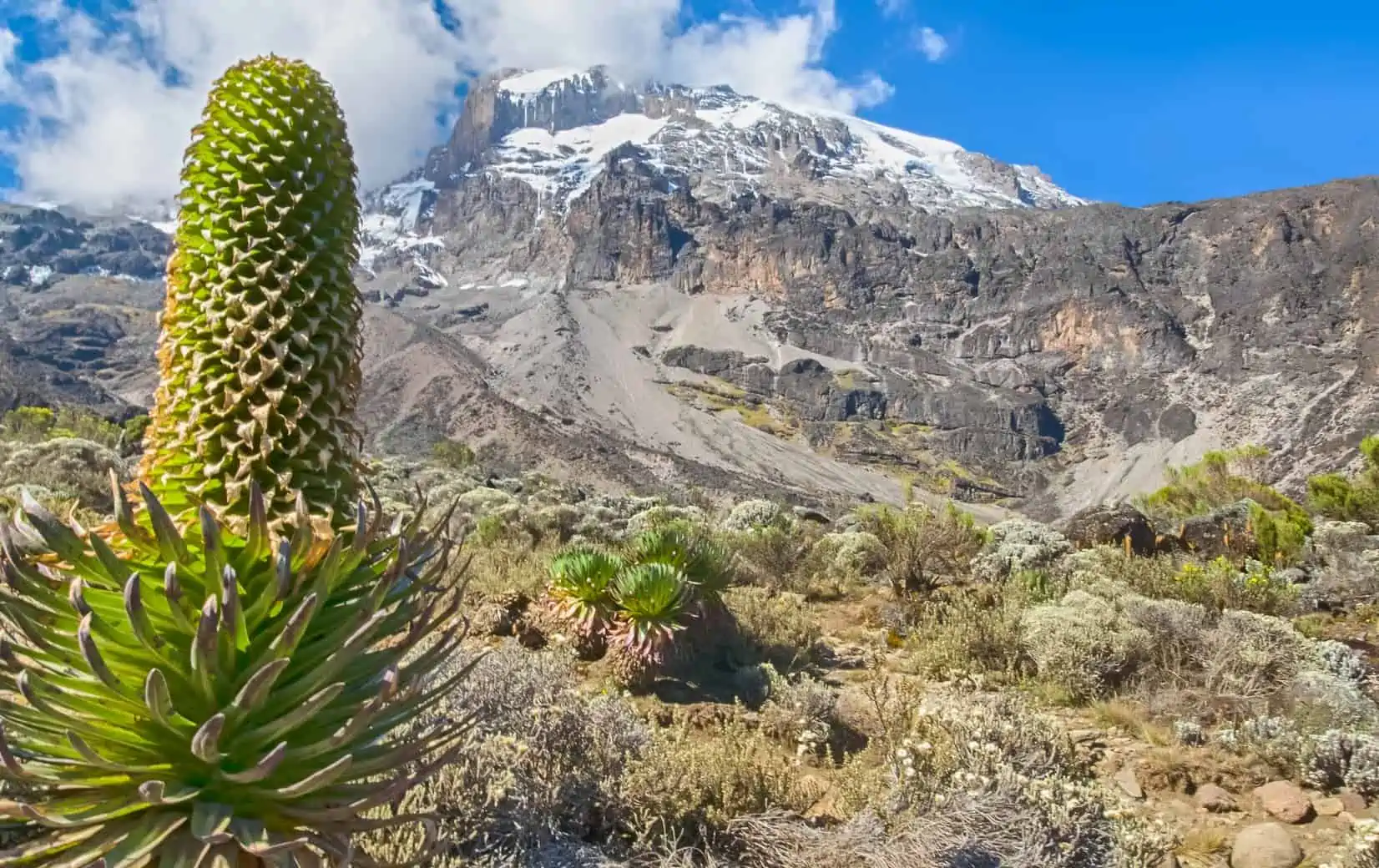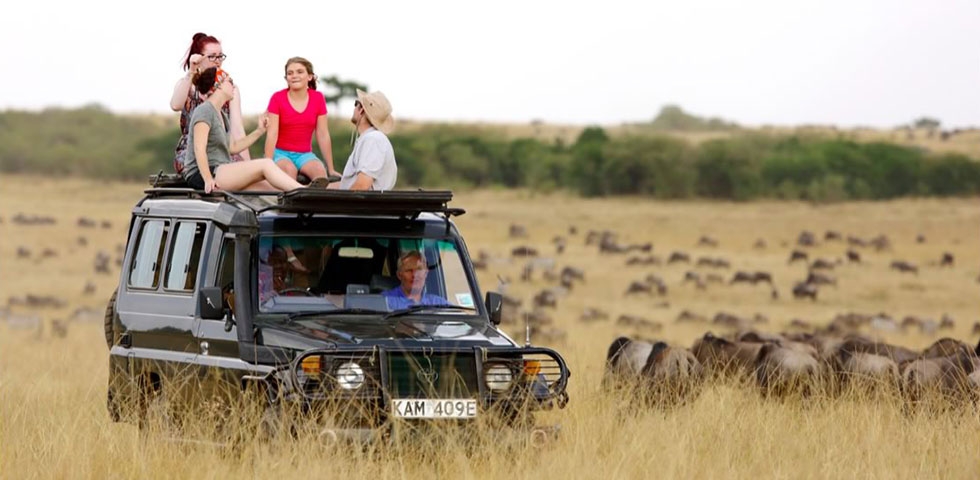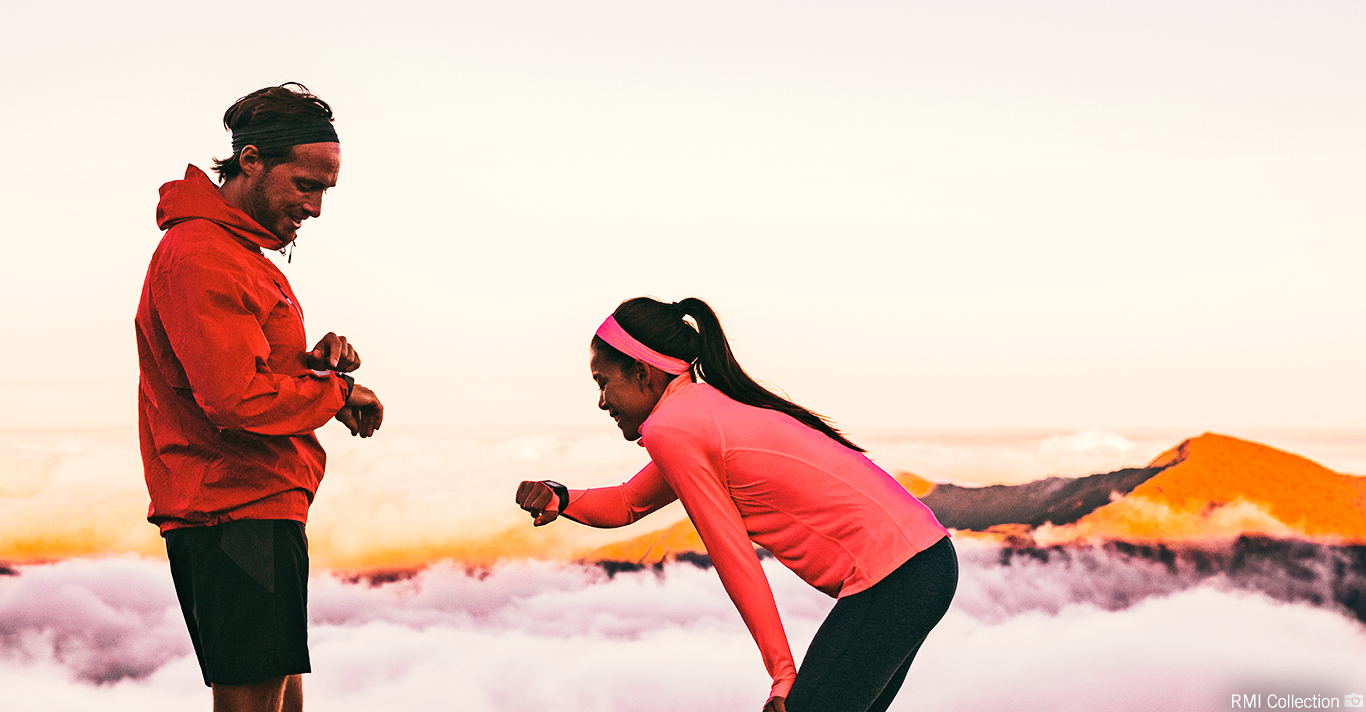AFRICAN SAFARI PREPARATION
AFRICAN SAFARI PREPARATION
GOING TO AFRICAN SAFARI.
Going on safari for the first time you probably have many questions. There are hundreds of guides/Tour operators that will be telling you where and when to go, but This post is intended to give you all kinds of practical tips which will help you prepare for an African safari no matter where or when you go.
No matter how many pictures you have seen or what expectations you have, the very first moment you see African animals in the wild will be unforgettable.
SAFARI TIPS
1. Be open-minded and flexible
Every safari drive is unique and therefore unpredictable, so try not to stress about the things you cannot control. Sometimes you won’t see much, sometimes you’ll see a lot, sometimes the ride will take longer than expected, and sometimes it will be tougher than expected.
Be prepared for warm and for cold, for wind or sun, for mosquitoes and flies, and mostly for a rough ride.
While most of the time you will be driving on gravel or sand roads, sometimes the driver might decide to cross a river, drive through the bush, or cross a stone field SO BE FLEXIBLE
2. Obey the rules and stay safe
Stay in your car at all times, the rules are there for a good reason. Animals are very well camouflaged and often you don’t see them until it’s too late.
Don’t approach the elephants too closely, don’t make noise, keep your hands and your camera inside the car near the cats, and never stand between the hippo and the water. In fact, hippos are very aggressive and are the most dangerous African animals
3. Ask questions
Most safari guides are very knowledgeable and you can learn a lot about animals and their behavior.
4. Ask to stop
You think you see something in the distance, but are not sure, or you want to take yet another picture of a zebra? Don’t be afraid to ask to stop the vehicle. The guides are there to give you the best safari experience.
5. Take lots of pictures
The first time you see a zebra you’ll probably take 25 pictures of it, the next time – 10, and by the end of the week you’ll hardly notice it. You can always delete the pictures afterwards and only keep the best, but take pictures when you can because you may not get a chance for a better shot.
Sometimes, you might get extremely lucky and see some incredible wildlife on the very first game drive. Don’t think that it will always be like that! Make sure to take pictures of everything you see because you never know if you’ll have another opportunity.
What to pack for an African safari
Soft-sided travel bags. Whether you are planning on taking a small plane in Africa or joining an organized tour, you better pack light and take a soft-sided duffel bag. your bags WILL get dirty, so don’t feel embarrassed to take old luggage on a trip to Africa. Nobody cares.
Camera equipment. Take the very best camera you have and the best tele lens you can afford. 200mm is a minimum. You can take some pictures of the animals with your smartphone, but you can’t compare the quality of those pictures.
Electrical adapters. There is not one standard electrical adapter in Africa, so you should check which one you need depending on where you are going. Here is a list of a couple of popular African safari destinations and the plugs they use: South Africa and Namibia type D/M. Kenya and Uganda type G. Botswana, Zimbabwe, and Tanzania one of the previous two – type D or type G.
Binoculars. You cannot go on safari without binoculars. Well, you can, but it’s more fun if you have a pair. As a minimum make sure that children have their own binoculars. However some of company/tour operators do provide a pair or two in a vehicle.
Mosquito repellant with DEET. Make sure you bring enough.
Sunscreen and sunglasses
Small backpack is very handy to store all your belongings during long safari rides. Make sure it closes well, otherwise you’ll have sand over everything.
Drinking water and light snacks. You should always have some drinking water with you. Organized safari rides will often provide water and other drinks and sometimes snacks as well, but you might need to wait till they stop somewhere, so it might be more convenient if you have your own, especially if traveling with children.
Flashlight (always) and/or a headlamp (if camping). You will use flashlight all the time and a headlamp is extremely helpful when camping.
First-aid kit, medication and a good travel insurance are essential for any trip to Africa. If you are prone to car sickness, you may want to take some medication with you. African roads can be really bumpy. Always take medication against diarrhea when you go to Africa and make sure you are ok with all the vaccinations. Depending on the area, you may need to take malaria pills as well.



